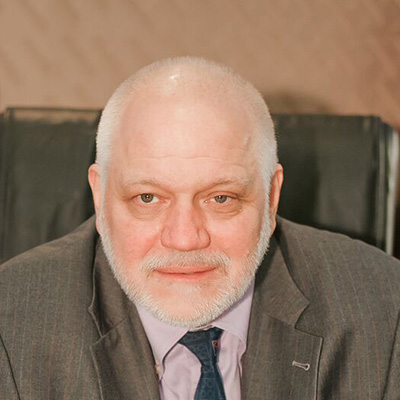ISSN: 2073-2635
eISSN: 2949-270X
eISSN: 2949-270X

Head of the Department of Mathematical Logic and Theory of Algorithms, Faculty of Mechanics and Mathematics, Lomonosov Moscow State University,
When talking about what prompted them to study mathematics, most mathematicians, emphasize the interest that arose at school or in a club when solving some problem or many problems that are “unknown-how-to-solve’’. We see an example of such a task in the famous painting by N. P. Bogdanov-Belsky, which has become a symbol of the Russian school. The interest of future mathematicians was also supported by the university. The reseach discusses the possibility in the 21st century to build mathematical education for all students, not just selected and highly motivated students, based on the tasks that are “unknown-how-tosolve’’ — different for different students. The study of mathematics can become interesting and psychologically comfortable for students of different abilities and inclinations, simultaneously bringing the student’s work closer to the work of an adult mathematician and the needs of real life.
Background. The teacher is the key to the quality of education, as well as the key element in its development. The world is undergoing ever accelerating changes; accordingly, the function of the education system, which is to prepare students for life and work in the future world, is changing. Thus, the importance of the teacher’s role as an organizer and motivator of the learning process is increasing. This paper examines the figure of a teacher who is ready for changes and implements them. Students of teacher training programmes need to be prepared for this role. Changes in teacher training are equally necessary in the teacher training system both in the Russian Federation and in the Republic of Kazakhstan.
Objectives. The article formulates the foundations of the modern education systems for future school mathematics teachers. These foundations meet the new goals and objectives of mathematics education, associated with the changes in mathematics itself over the last century, changes in its role in the modern digital world, and changes in the world itself. The most important issue in the training of mathematics teachers is its continuity. It is necessary to teach the future teachers not only the main volume of teaching content, but also prepare them for the activities that will be taught to the student.
Results. It is necessary to organize training in such a way that from the very beginning of their training, future teachers would come to school and work with schoolchildren. At the same time, the solution of “do not know how” problems becomes the core of education. Digital technologies play a significant role in modern mathematics teaching.
Conclusions. Today, in any education system, the teacher’s attitude towards change as well as the readiness to accept, support and initiate it, is important. The duty of the modern teacher training system, both in Russia and in Kazakhstan, is to be ready for changes and to cultivate such readiness in students.


